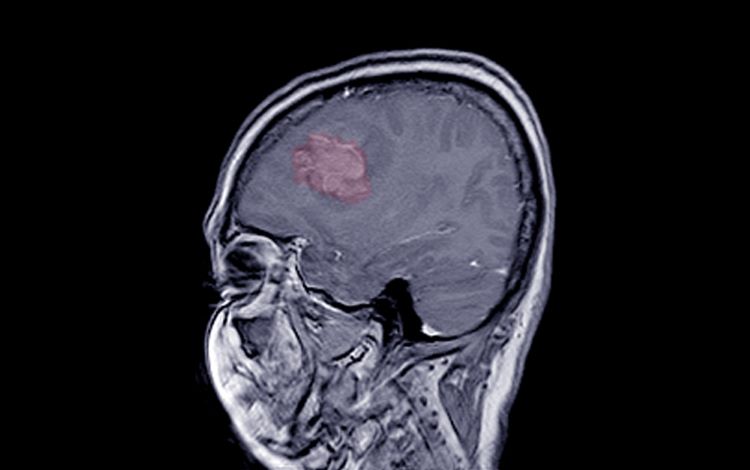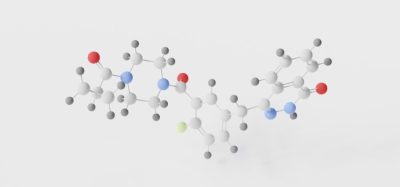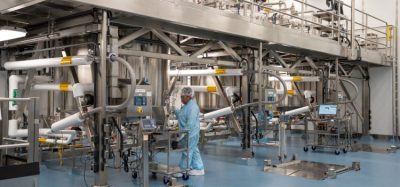Radiopharmaceutical therapy delivers promising meningioma survival rates
Posted: 30 September 2024 | Catherine Eckford (European Pharmaceutical Review) | No comments yet
The Phase II clinical trial is the first completed prospective trial for refractory meningiomas with a tumour growth rate of 15 percent or more over six months.


177Lu-Dotatate has shown potential for extending progression-free survival for patients with the brain cancer meningioma, with results showing more favourable improvements compared to historical benchmarks. The Phase II clinical trial investigated whether refractory meningioma can be treated with theranostics. This treatment approach uses radiopharmaceuticals and provides patients with potentially a more effective treatment option, the researchers explained. They wanted to assess the suitability of the radiopharmaceutical, which is a treatment for neuroendocrine tumours.
Meningioma is the most common type of primary brain tumour. Standard of care for treating meningioma cancers is either surgery or radiation therapy, the researchers stated. Participants (median patient age was 67), received a total of four infusions of 177Lu-Dotatate every eight weeks.
About the radiopharmaceutical Phase II trial and further study findings
“Nearly 80 percent of patients in our study were progression-free after six months. This rate greatly surpassed the benchmark from prior research, suggesting that radiopharmaceuticals are a promising therapeutic agent for these patients,” explained Dr Kenneth Merrell, principal investigator of the trial and a radiation oncologist at the Mayo Clinic Alix School of Medicine in the US..
The actual rate was 78 percent and this “far” surpasses the benchmark progression-free survival rate of 26 percent, the investigators remarked.
One-year post-dosing [of 177Lu-Dotatate], overall survival was 88.9 percent [in refractory meningioma patients]”
One-year post-dosing of the radiopharmaceutical, overall survival was 88.9 percent. “Most patients tolerated the treatment well,” Dr Merrell noted. Therefore 177Lu-Dotatate has potential as “a safe and rational therapeutic choice with broad eligibility for patients with aggressively growing meningiomas.”
“We’ve found a therapy with a meaningful signal for effectiveness and safety for people with refractory meningioma, a condition with no standard treatment options,” commented Dr Merrell.
These positive findings were presented at the 2024 American Society for Radiation Oncology (ASTRO) Annual Meeting.
The investigational Phase II clinical trial was supported with funding from Novartis.
Related topics
Anti-Cancer Therapeutics, Clinical Development, Clinical Trials, Data Analysis, Drug Development, Drug Safety, Industry Insight, Research & Development (R&D), Technology, Therapeutics









